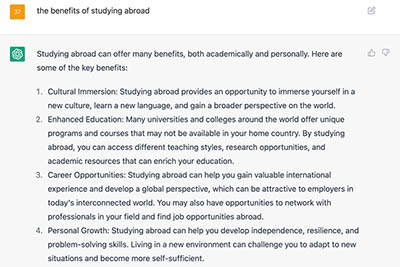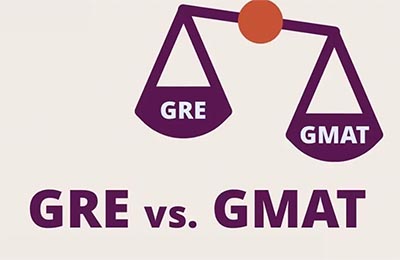首頁(yè) >> 雅思學(xué)習(xí)資料 >> 雅思寫(xiě)作>>正文
雅思寫(xiě)作范文:音樂(lè)是人類(lèi)通用的語(yǔ)言
時(shí)間:2023-12-26
來(lái)源:雅思學(xué)習(xí)
作者:未知
觀點(diǎn)類(lèi)大作文,文化類(lèi)話(huà)題
Music has always been and continues to be the universal language of mankind. To what extent do you agree or disagree?
題目大意
音樂(lè)一直是并將繼續(xù)是人類(lèi)的通用語(yǔ)言。你在多大程度上同意或不同意?

雅思寫(xiě)作高分范文:
There is a widespread belief that(眾所周知) music as a universal medium is appreciated by human beings from different regions, races and cultural backgrounds. Under this circumstance, an absolute consensus can hardly be reached whether(無(wú)法達(dá)成絕對(duì)共識(shí)) music has been and continues to serve as(作為) the universal language in mutual communication of mankind. For my part, this argument belongs to an overstatement(過(guò)度陳述) to some extent.
It has to be admitted that in many cases the understanding of music depends on the cultural context(文化背景) the listeners lie in. To be specific, cultural elements largely determine what kind of music is more attractive to people. While Chinese are appreciating the beauty and charm brought about by Chinese folk songs, most of them may frown on(對(duì)—不喜歡,不贊成) blues(藍(lán)調(diào)) originating from Africa. Not to mention that(更不用說(shuō)) people from different cultures may hold different comprehension about the same piece of music.
However,much heavier weight should be attached to(更關(guān)注) the important role music has played and will play in promoting mutual understanding and integration(融合) of different nations. For one thing, though people have some difficulty in grasping the lyrics(歌詞) of a foreign song, the pitch(音高), the rhythm(旋律) and the tempo(速度,拍子) can break through the barrier(突破障礙) of literal meanings. A case in point is that(例如) when we hear a series of major chords, most of us would sense the happy moods or solemn atmosphere, but when there are consecutive minor ones(連續(xù)的小調(diào)和弦), we perceive sorrow or sadness. All these mental identifications stem mainly from(起源于) our instinct without the need to be nurtured(培養(yǎng)). This also makes the music “wordless language” to many people around the world.
In light of the analysis mentioned above, I am convinced that(綜上所述,我認(rèn)為) music can function as(作為) a bridge to deepen mutual understanding(加深彼此理解) of different races and cultures undoubtedly, but we can hardly regard it as a universal language on the grounds that(因?yàn)椋?music is deeply rooted in(根植于) one nation’s particular history and only those who are familiar with its background can understand it precisely.
更多雅思/托福課程、雅思/托福寫(xiě)作單項(xiàng)突破、留學(xué)規(guī)劃、四六級(jí)課程、PTE課程、多鄰國(guó)課程、A-level課程、GRE課程安排及學(xué)費(fèi)等信息,或者有任何疑問(wèn),可以聯(lián)系線(xiàn)上客服老師,也可以直接撥打電話(huà)(0571-28183693)咨詢(xún)。
































